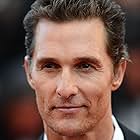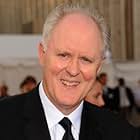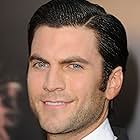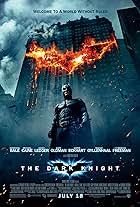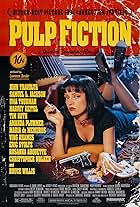When Earth becomes uninhabitable in the future, a farmer and ex-NASA pilot, Joseph Cooper, is tasked to pilot a spacecraft, along with a team of researchers, to find a new planet for humans.When Earth becomes uninhabitable in the future, a farmer and ex-NASA pilot, Joseph Cooper, is tasked to pilot a spacecraft, along with a team of researchers, to find a new planet for humans.When Earth becomes uninhabitable in the future, a farmer and ex-NASA pilot, Joseph Cooper, is tasked to pilot a spacecraft, along with a team of researchers, to find a new planet for humans.
What Is Christopher Nolan's Best Film?
What Is Christopher Nolan's Best Film?
Christopher Nolan has legions of devoted fans thanks to hits like The Dark Knight, Interstellar, and Oppenheimer. See how IMDb users rank all of his feature films as director.
Exceptional Robots on Film & TV
Exceptional Robots on Film & TV
From Transformers to droids and everything in between, these memorable robots made their mark on viewers.

























